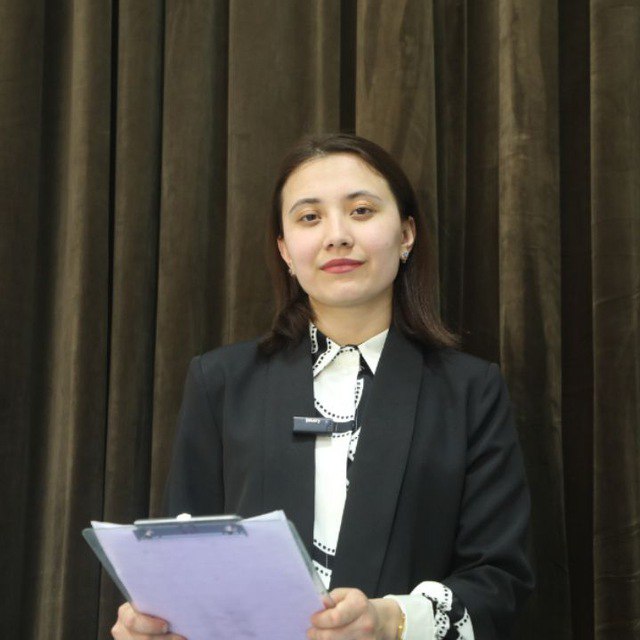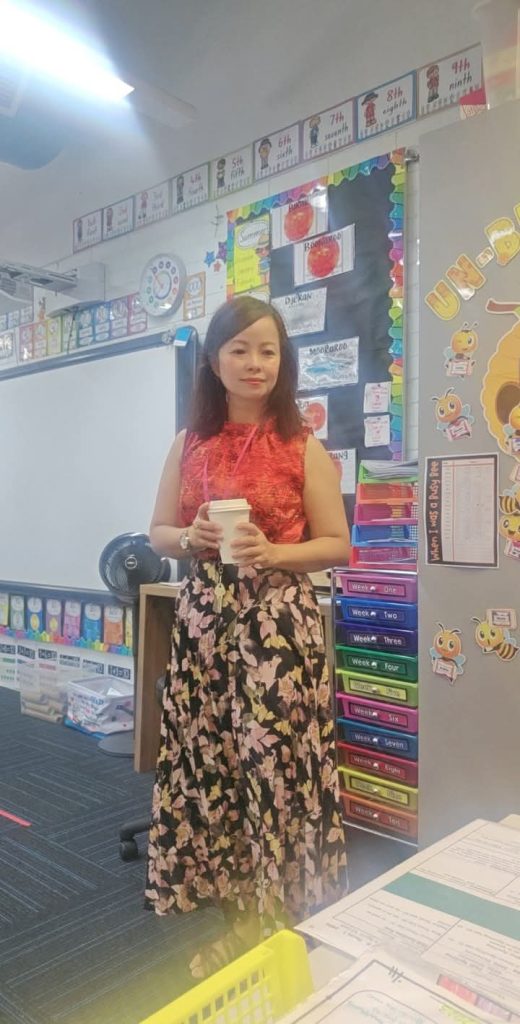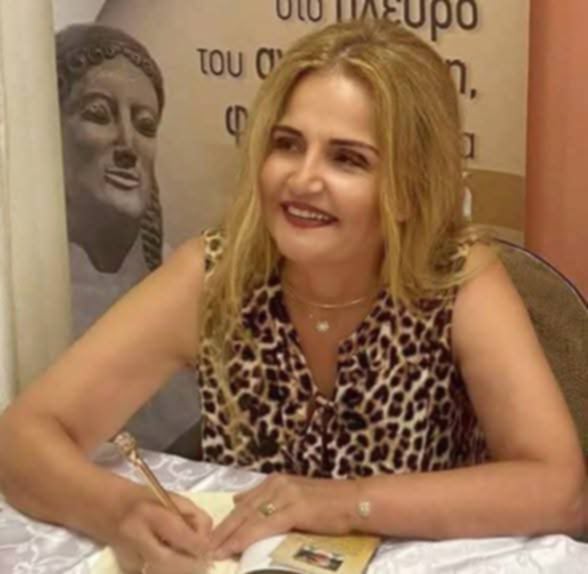SIMPLE MATH
Left knee to queen’s bishop six:
the renowned Polish ploy to save the connubial chess.
And the Copernican does hypothesize
his private junction of X’s, Y’s:
Marriage is an intersection of curves;
ergo, we mate with the which who’s most available
at some point, A, where both wes’re most vulnerable.
Zen Mack Sennet monks tell this Pollack koan deep in the abbot’s office.
It ends with this punchline proverb:
“Within the novice virgin, nine mobths after she’s hit
with the-old-man-on-the-mountain’s holy stick,
wisdom is born.”
And the white bride glides down the stainless aisle
past pews of naked delicatessen racks
like a boiled swollen sausage
as she synchronizes her calendar and stopwatch.
“So now who says that this Kamasutra’s Polish Position is back/to/back?”
And the new kielbasa mama splits into a smile.
“I guess I took too serious what he only poked at me in fun.”
SOUL’S ADVICE
“Stop hiding,” urged Soul. “Get close.”
In love and hope I strode unclothed
to your home — you rushed doors closed.
Disarmed unmasked raw revealed —
And all hope of love shrinks, reviled.
“Bewail,” Soul whispers. “Reveil.”
DESCENSUS INFEROS
Our day closes with roses and gold
and soon we’ll night
by a river of silver ores
beneath a banner
of christmastree stars
and we’ll exchange us presents,
tinsel medallions and
lovingcups of liquid chromium,
and one well will fill another
while, beyond the where-we-are,
your world still worlds its way.
Our tomorrow too will resurrect
in a flamingo and salmon dawn
and then
eventually
end again
in honey and
blood-oranges.
SYMBIONTS
An oxpecker and its rhino.
Lovers in an inexplicable bird cage,
opposites caught despite themselves
in an intimate unity of self and other
becoming other and remaining self.
Strong talons in-digging tough hides
hunting for those hidden ticks
that neverend neverend
However many these lovers may be
they are as trinitarian as time —
a divine Now invisibly linked
to the Not Yet Now to Now No More
becoming self remaining other.
EGONOMICS
This I between my left I
and my right, Is divided from themselves
by the selves I am not,
by the identity of their opposites.
The well of self is narrow and deep,
the sky of soul is wide
and deeper,
and they are joined by a shallow rain.
This is how the All coheres.
The now is the what between hull and coral.
Nothingness is just another existence,
a choir that accompanies my dances.
Among my many ises,
in order to anticipate my pasts, I can see all the futures that used to be.
The present is another sequence of wases and willbes,
a passage between being well and killed,
one way from sleep to sleep,
a blurred and fading journal
of my vacations and my trials,
of webs and webs of sometimes.
The past has many paths.
Life is a flood of poetry: a line of thin rain
followed by lines of sunlight
and lines of more rain.
I live within the caesura of my skin
but my plural bodies wear
too many faces,
store too many heads.
So, I am this uncertain shadow,
a stranger to myself,
the corpse between my mes,
a confused collection
of doubtful witnesses
and contradictory laws.
(Or, rather,
though my molecules stay in flux
I’m almost always myself
even though I’m not the one I once
was
and not the one I’ll be.)
I endlessly create myself.
I lodge inside the impersonator I call my body,
I forge this counterfeit worldly disguise.
I never go home with the I I left with.
My mind is the smithy of all idols.
The symbols it imposes are blankly neutral
at the first before they become the crowds of gods.
I’ve clothed these naked signs with universal aspirations —
for justice/mercy, foreordained free will,
for blending all-power to my desires.
The wise magi
found a god
in a feedbox;
so I can locate mine any where
and then I can exist slowly
like mountains, seas, and stars.
I am lived by beings (my genes)
who incarcerate my existence.
Though the rituals of seduction are usually mutual,
generation nevertheless begins as corruption.
To proliferate this me
I need poetry and conception:
I need your body of verses
and I need your erogenous one
to unfold and spread like morning lilies
while starlings sing their Sumerian songs.
Then the urgency of the mind
meets the wisdom of the flesh,
the cavalry in my entrails
encounters the fanatic in your womb.
In the organ dialectic
the Old I disappears into a new text.
Thoughts hide inside words and words within thought.
Wordthought erects evolution,
poetry engineers environment.
And yet, the poet precedes the poem
and is yet the product of the page,
as the poem also precedes the poet
in the merger of image emotion and happenstance.
My language speaks itself
but as a mirror that must reverse.
It fixes and flatters, divulges deceives displays detects distorts,
memorializes my veneration of self-lies,
encourages my construction of shadow.
This is why
I confuse reflection with appearance (honesty with vanity).
The All comes in many fashions, styles, and designs.
My cradle is my casket, I that corpse between my mes.
Everyone lives with death, one of many infinities,
though both death and life are empty phantoms.
Death lives even before birth,
and our final death is not life’s only one —
and not even its worst.
But this instant is my only eternity. So,
dispose of my corpse as you will, w
ith coals or shovels.
The I between my left and my right
will unite at last!
But after immortality, what?




